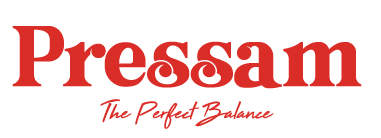“Argentina’s New Management Implements Controversial Price Hike on Books, Promising Benefits for the Population”
The new management of Argentina has made the decision to increase the collective price of books in the country. This decision is part of the changes introduced by the Ministry of Culture, as stated in the published text on the portal “Infobae”.
According to the first clause of Article 60 in the third division of the project “Principles and objectives of freedom and access to Argentine authors’ production,” it is argued that the price of books should be increased by 25,542 regulations for the welfare of the population.
Infobae explains that the proposed project will require publishers, printers, and digital book importers to establish a minimum price that is consistent across the country. This means that the final price for consumers, including electronic versions, will be the same for all publications in Argentina.
This development in Argentina’s book market demonstrates the government’s efforts to ensure fairness and accessibility for readers. By implementing a uniform price for books, the Ministry of Culture aims to create equal opportunities for both publishers and consumers. This regulation is expected to have a significant impact on the publishing industry and the reading habits of the population.
With the new policy in place, publishers, printers, and digital importers will no longer have the flexibility to set their own prices. Instead, they will be required to adhere to a standardized minimum price across the country. This will prevent unfair pricing practices and promote a more competitive and transparent market.
While some may argue that this decision could limit consumer choice or hinder the growth of the book industry, proponents of the policy argue that it will help protect local authors and publishers from price undercutting by international competitors. Additionally, by ensuring a consistent price for all publications, readers will have equal access to a wide range of books, regardless of their economic status.
The impact of this price increase on various stakeholders in the book market remains to be seen. However, it is clear that the Argentine government is taking steps to prioritize the well-being of the population and promote a thriving literary culture. With a uniform price for books, readers across the country will have the opportunity to explore new authors, expand their knowledge, and enjoy the benefits of reading, regardless of their location or social background.
In conclusion, the decision to raise the collective price of books in Argentina reflects the government’s commitment to a fair and accessible reading environment. By establishing a standardized minimum price, the Ministry of Culture aims to create equal opportunities for publishers and consumers alike. While the full implications of this policy are yet to be determined, it is evident that the government is taking proactive measures to support the literary community and foster a love for reading among its citizens.


